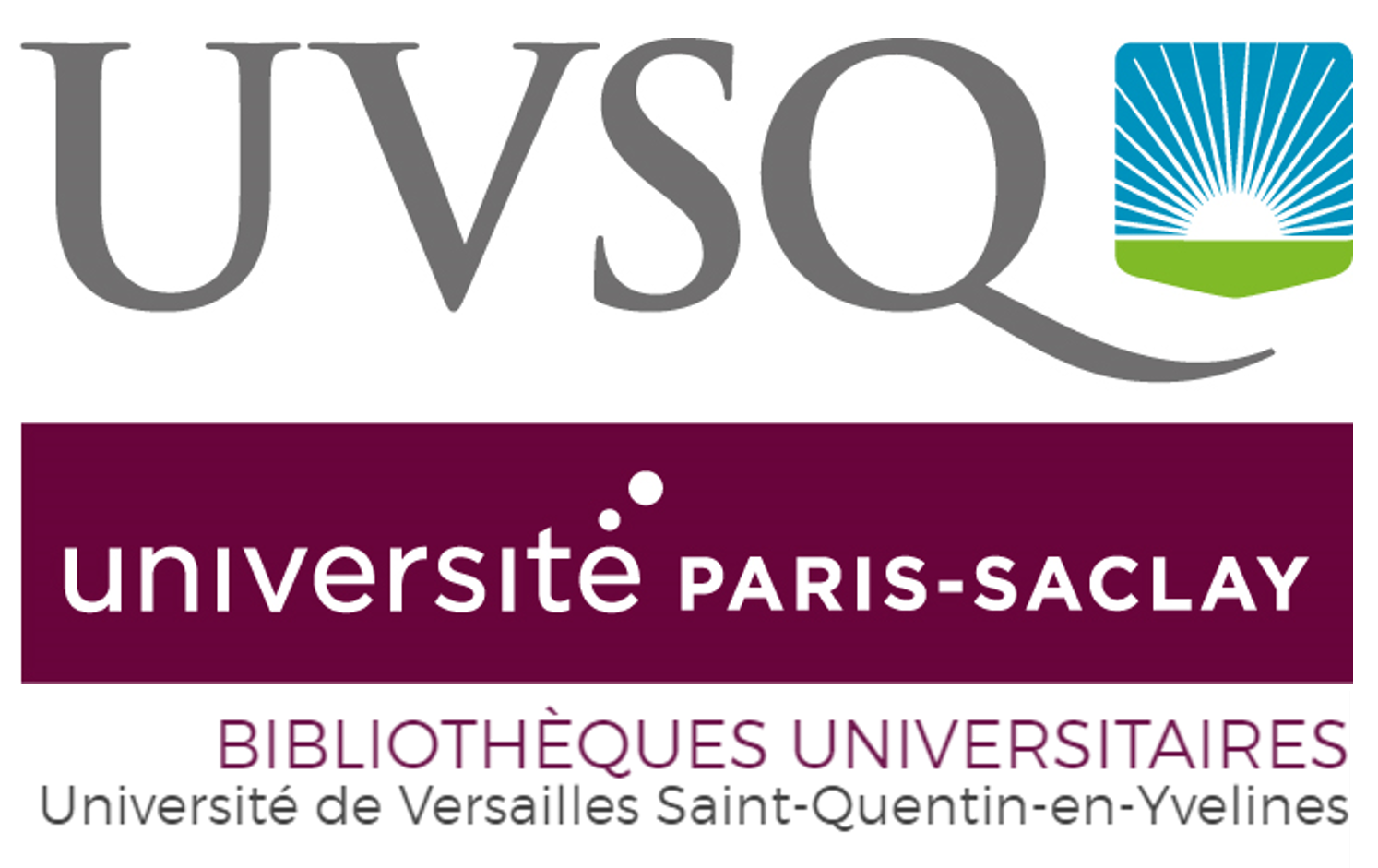IFN-β Expression Is Directly Activated in Human Neutrophils Transfected with Plasmid DNA and Is Further Increased via TLR-4–Mediated Signaling
Résumé
Upon LPS binding, TLR4 activates a MyD88-dependent pathway leading to the transcriptional activation of proinflammatory genes, as well as a MyD88-independent/TRIF-dependent pathway, responsible for the transcriptional induction of IFN-b. Previous findings delineated that human neutrophils are unable to induce the transcription of IFN-b in response to TLR4 stimulation. Because neutrophils do not express protein kinase C «, a molecule recently reported as essential for initiating the MyD88independent/TRIF-dependent pathway, we optimized an electroporation method to transfect PKC« into neutrophils with very high efficiency. By doing so, a significant IFN-b mRNA expression was induced, in the absence of LPS stimulation, not only in PKC«-overexpressing neutrophils but also in cells transfected with a series of empty DNA plasmids; however, LPS further upregulated the IFN-b transcript levels in plasmid-transfected neutrophils, regardless of PKC« overexpression. Phosphoimmunoblotting studies, as well as chromatin immunoprecipitation assays targeting the IFN-b promoter, revealed that IFN-b mRNA induction occurred through the cooperative action of IRF3, activated by transfected DNA, and NF-kB, activated by LPS. Additional immunoblotting and coimmunoprecipitation studies revealed that neutrophils constitutively express various cytosolic DNA sensors, including IFN-inducible protein 16, leucine-rich repeat (in Flightless I) interacting protein-1, and DDX41, as well as that IFN-inducible protein 16 is the intracellular receptor recognizing transfected DNA. Consistently, infection of neutrophils with intracellular pathogens, such as Bartonella henselae, Listeria monocytogenes, Legionella pneumophila, or adenovirus type 5, promoted a marked induction of IFN-b mRNA expression. Taken together, these data raise questions about the role of PKC« in driving the MyD88-independent/TRIF-dependent response and indicate that human neutrophils are able to recognize and respond to microbial cytosolic DNA.
Mots clés
chromatin immunoprecipitation
DNAdependent activator of IRF
IFI16
PKC
protein kinase C
poly(dA:dT)
poly(deoxyadenylic-deoxythymidylic) acid
poly(I:C)
polyinosinic-polycytidylic acid
RIG-I
STING
stimulator of IFN genes
TBK1
TRAF family-associated NF-kB-binding kinase-binding kinase-1
TRAM
ChIP
TIR domain-containing adapter-inducing IFNb-related adapter molecule
chromatin immunoprecipitation
T4SS
DAI
type IV secretion system
IFN-inducible protein 16
LRRFIP1
leucine-rich repeat (in Flightless I) interacting protein-1
MNE
multiplicity of infection
pEGFP
enhanced GFP plasmid
PI
prolactin
qPCR
quantitative PCR
retinoic acid-inducible gene

